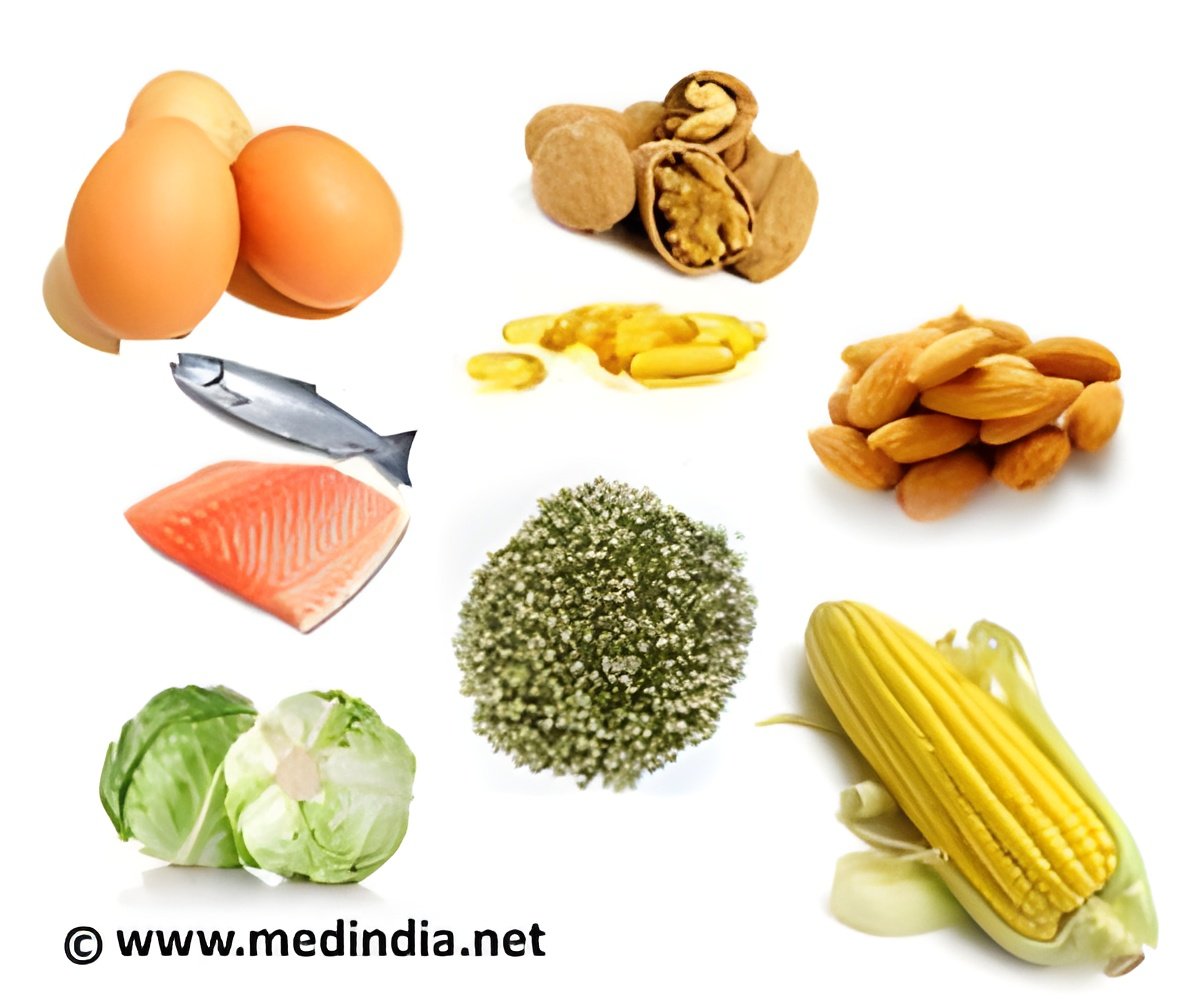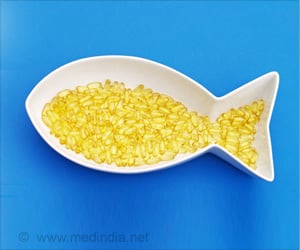Linoleic acid, the most common polyunsaturated omega-6 fatty acid can protect against premature death and also prevent cardiovascular diseases, finds a new study.

Ongoing at the University of Eastern Finland, the Kuopio Ischemic Heart Disease Risk Factor Study, KIHD, determined the blood fatty acid levels of 2,480 men between 42 and 60 years of age at the onset of the study, in 1984-1989. During an average follow-up of 22 years, 1,143 men died of disease-related causes, and deaths due to an accident or other reasons were excluded from the study.
When the scientists divided the study participants into five different groups based on their blood linoleic acid level, they discovered that the risk of premature death was 43% lower in the group with the highest level, when compared to the group with the lowest level. A more detailed analysis of the causes of death showed that a similar association exists for death due to cardiovascular diseases, as well as for death due to some other reason than cardiovascular diseases or cancer. However, no association was observed for death due to cancer. Similar, although slightly weaker, associations were also observed for the blood arachidonic acid level. Another significant finding of the study is that the outcome is very similar regardless of whether the study participants suffered from cardiovascular diseases, cancer or diabetes at the onset of the study.
The study backs up findings from earlier population-based studies which have linked a higher dietary intake of linoleic acid and a higher blood linoleic acid level to a smaller risk of cardiovascular diseases and type 2 diabetes, without increasing the risk of cancer, for example. The observed association of arachidonic acid with a reduced risk of death is a new finding.
The blood linoleic acid level is determined by a person's diet, and the main sources of linoleic acid are vegetable oils, plant-based spreads, nuts and seeds. However, a person's diet will affect his or her blood arachidonic acid level only a little.
Source-Eurekalert















